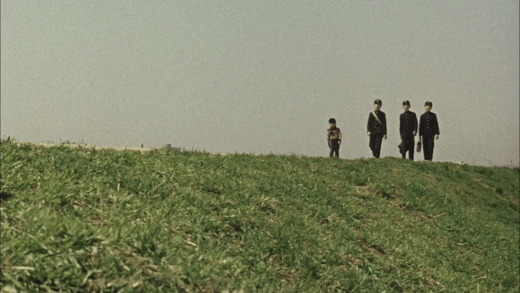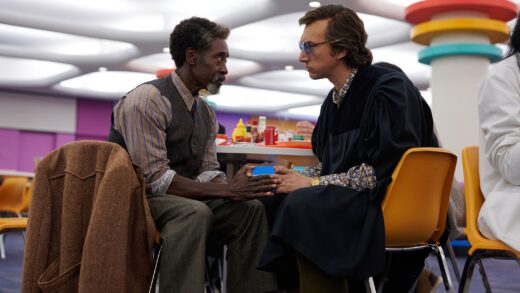In which I performatively answer the question with reference to an episode of The Mandalorian, whether one should write about bad movies/televisions shows.
Should one even write about a bad movie?
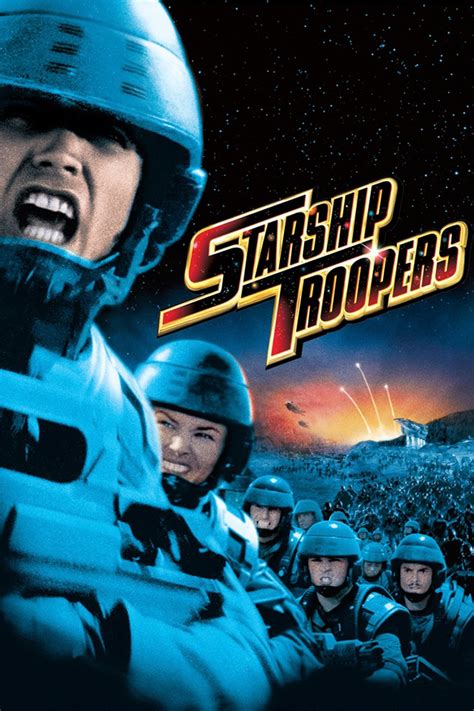
A Good Bad Movie
There are bad movies/television show that are so bad that they are good. For example, Starship Troopers (1997) by Paul Verhoeven, which is a celebration of fascist culture.
Starship Troopers is a tongue-in-cheek satire that purports to be criticizing the militarism of the novel on which it is based but is at the same time enjoying the seductive charm of fascist aesthetics. The film is hilarious, both for those in the know and those not in the know. Yet trafficking in fascist aesthetics is profoundly cynical, because one is enjoying the commercial powers of fascism all the while being able to claim, it was only a joke.[1]
When one writes about a film like this, is there a purpose? To demystify certainly.
But what of writing about bad movies/television shows that are genuinely bad?
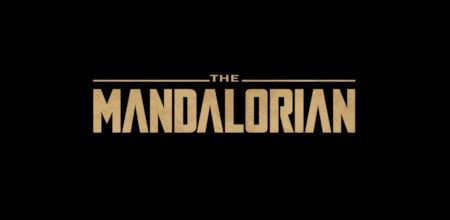
Recently, watching The Mandalorian (2019-) has been one of these experiences. The series takes advantage of a potentially interesting, undeveloped character from the Star Wars franchise—Boba Fett—and explores his prequels.[2]
Yet this series would generally have been more interesting had it just announced its intention rather than attempted to carry it out. Because of its brand, Disney could not possibly pursue a television show about a morally reprehensible character as a morally reprehensible character. Instead, it shows that the bounty hunter is in fact guided by both a clan code as well as a moral compass.
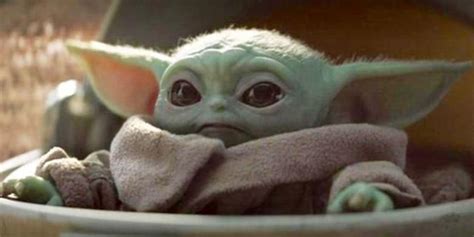
In so doing, the series loses any compelling inertia, which is only momentarily continued onward by how cute baby Yoda is.
In the fourth episode of the first season called “Chapter 4: Sanctuary,” Mando, as he’s come to be known, takes baby Yoda to what seems like a quiet planet where they can lay low for a while. As it turns out, this was not exactly the case, because the locals near where he’s landed are being terrorized by a tribe of ugly para-humans and solicit Mando for help.
On the planet, Mando goes to a local bar— … [eyes roll]—and meets a fellow bounty hunter Dune (played by the ‘actress’ Gina Carano). After agreeing that the planet is too small for the two of them, Mando prepares to leave when the locals solicit him.
Assuming the “bounty hunter” ethos, he claims that they cannot afford him and shows little interest in their problem. Yet he then inexplicably changes his mind when they offer lodging— … [eyebrows perplexed]—uses their insufficient bounty to entice Dune to assist.
At this point, if not earlier, Jon Favreau suffered a stroke while writing this because the script takes a bite out of every hackneyed plot device that entertainment industrial complex has ever dreamed up.
The best way to describe it is as an A-Team (1983-97) episode in which, because some ne’er-do-wells threaten the locals, the team is called and they train the locals to fight and defend themselves. Then the team directs a final confrontation with said ne’er-do-wells, in which they win. Also, a momentary romantic subplot develops between the hero and a local woman, the power of which (although there is no emotional development on helmeted Mando’s character) leads him to consider staying until a near-miss leads him back on the trail.[3]
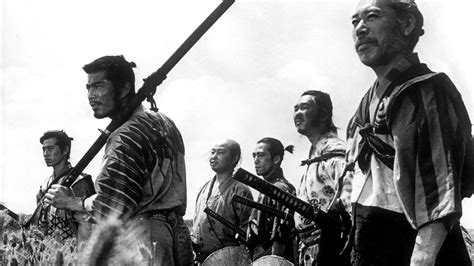
Apparently some think the plot resembles that of Seven Samurai (1954), which is true if Bryce Dallas Howard’s ham-handed direction and Jon Favreau’s writing could be confused with that of Akira Kurosawa—and this just considers it from the perspective of production. A safer analogy is that of the A-Team.
But now I’m back to where I started: should one write about bad movies/television shows?
- Why are fascist aesthetics so powerful?! I have read “Fascinating Fascism” so many times and must admit that I am still not clear on precisely what is Sontag’s argument, although the event of reading the essay was a formative moment in what intellectual life I possess.
- In point of fact, the show is not explicitly about Boba Fett, as it’s not clear if the Mandalorian is Boba (to his friends) or another of his clan.
- The problem is that there is no George Peppard and therefore no “I love it when a plan comes together.”
Interested in writing about good movies? See my pièce(s) de résistance on the classic Hitchcock film Rear Window (1954) or Ozu’s Good Morning (1959)


